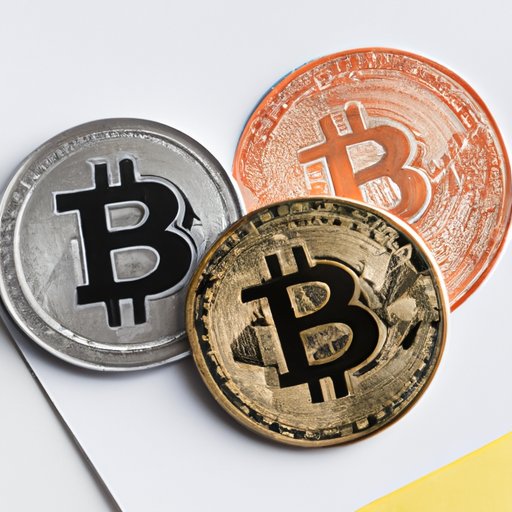
Will Digital Currency Replace Paper Money?
As technology keeps advancing, it becomes evident that the way we handle currency will inevitably need to change. Digital currencies have emerged in recent times as a strong alternative to traditional paper money, and their popularity is growing. They offer solutions to security problems and are more convenient in many ways. There is no doubt that digital currency is set to have a significant impact on how we handle our finances, but will it replace physical currency? This article explores that question and aims to provide insight into the future of money. The article is aimed at anyone interested in finance and technology, particularly those who want to understand digital currency’s potential to replace paper money.
History of Money and the Rise of Digital Currency
Money has had various forms throughout history, changing as society has evolved. From bartering to precious metals and then paper money, each iteration aimed to improve upon what existed before it. Digital currencies work similarly but offer even more benefits than their predecessors. Digital currency first emerged in 2009 with the advent of Bitcoin, and it is now estimated that there are over 4,000 cryptocurrencies in circulation across different countries worldwide. Digital currency’s rise in popularity has been driven by its security, convenience, and accessibility. Unlike paper money, digital currencies can be used anywhere without the need to carry cash, and transactions can be completed instantaneously.
Comparison between Digital and Paper Money
Digital currency is vastly different from paper money. Digital currencies exist digitally and are not physical, while paper money is physical. There are many benefits to digital currency, such as increased accessibility, efficiency, and security. However, paper money still has advantages that digital currency has yet to provide. Paper money is more widely accepted, and it is still a legitimate form of currency worldwide. The environmental impact of paper money is a disadvantage, as it leads to deforestation and pollution. Ultimately, digital currency is a better alternative to paper money due to its convenience and security features.
Security Concerns with Paper Money and Why Digital Currency May Be the Answer
Paper money’s security is a significant cause for concern. Counterfeiting is rampant, and there is always a danger of loss or theft. Since digital currency exists only digitally, the risk of physical harm is significantly reduced. Digital currency is less prone to fraud and is more secure since encryption and other security features are used to protect it. Cryptocurrencies such as Bitcoin are secured against fraudulent activities by blockchain technology that prevents double-spending and hacking. Furthermore, digital currencies are easier to track, making it possible to eliminate illicit activities such as money laundering and terrorism financing.
The Future of Digital Currency
The future of digital currency is looking bright, and it will probably change the way we handle finances in the years to come. As more countries begin to adopt digital currencies, it will become increasingly prevalent worldwide. It may even become the primary form of currency in the future. The infrastructure and technology required for digital currencies to become widely adopted are already in place, so it’s merely a matter of time before they replace traditional paper money. Furthermore, the ability to exchange digital currencies for traditional money makes adoption easier.
The Impact of Digital Currency on the Global Economy
Digital currency’s adoption will have numerous ripple effects on the global economy. A significant consideration for governments is how digital currency will affect taxes and financial regulations. Digital currencies are decentralized, so governments may have limited control over them. Eventually, digital currencies will become a legitimate form of payment for goods and services, leading to potential currency speculation, given cryptocurrencies’ volatile trading history. Additionally, the adoption of digital currency may encourage innovation and competition in the financial industry, making it more accessible to a broader range of people worldwide.
Conclusion
In conclusion, digital currencies are set to take over paper money’s role as the primary form of currency. The advantages that digital currency offers make it a logical solution for a world driven by technological advancements. Digital currencies solve many security problems associated with paper money and are more convenient and secure. Although digital currencies have a way to go before they become fully adopted, they are set to disrupt and change the way we handle our finances.





